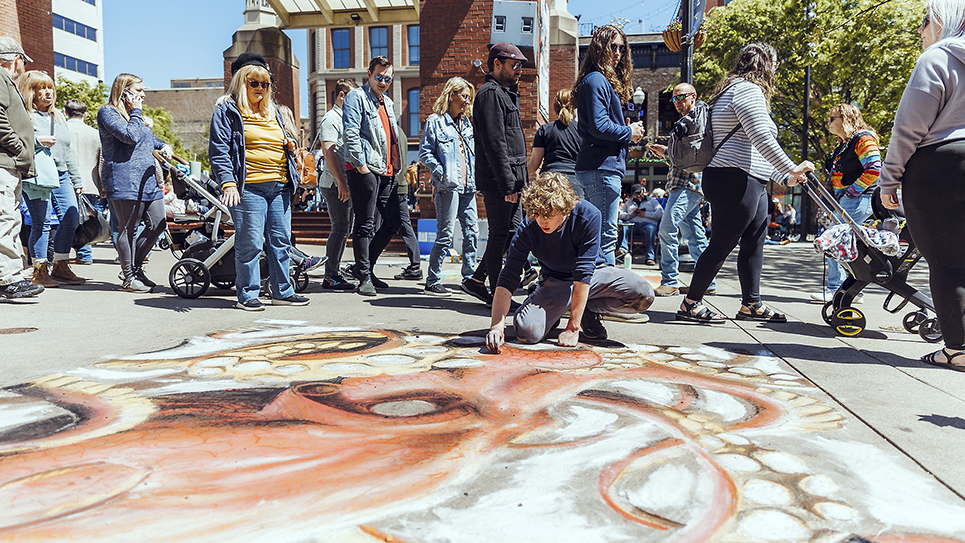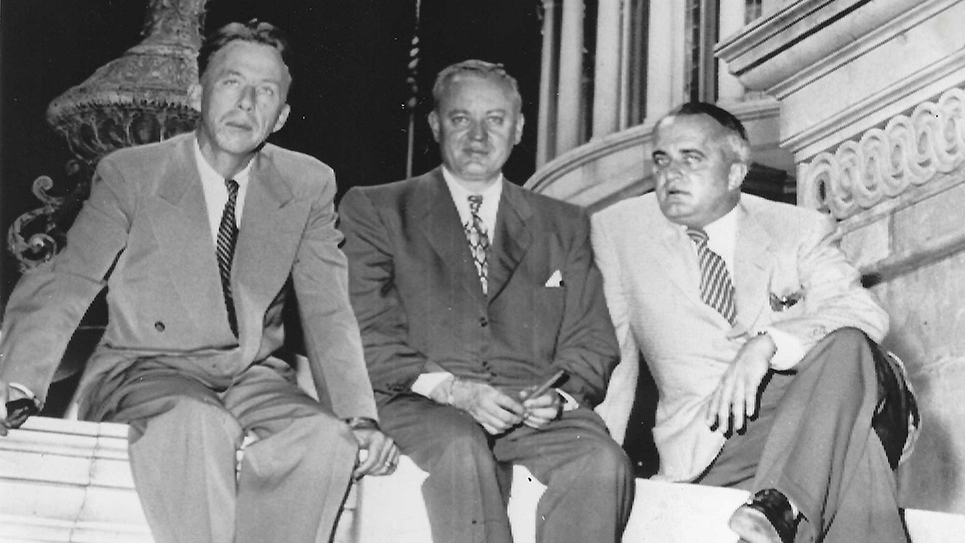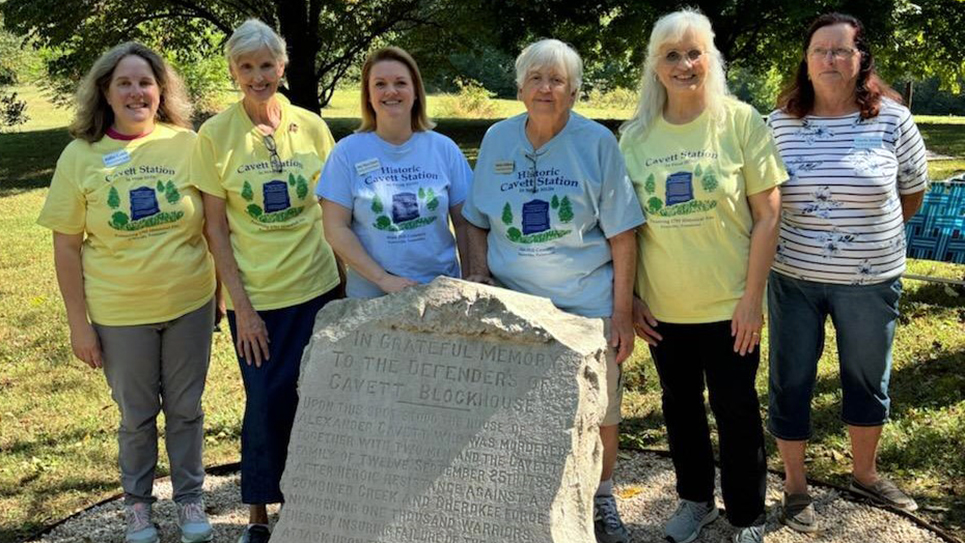Visiting History in Calhoun and Charleston
A Day Away By Mike Steely
Between Athens and Cleveland, Tennessee, are two small towns that hold a world of history. Whether you’re into Cherokee or Civil War history, the adjoining towns of Calhoun and Charleston are worth a visit.
Located on either side of the Hiwassee River both places played an important part in the forced removal of local Native Americans. And both towns have notable and historic buildings.
The easiest way to reach the towns is to take I-75 south beyond Athens and to turn east on Highway 163 to Calhoun. You might want to visit the historic Saulpaw Mansion there just off Church Street. Built in the 1870s by G. W. Saulpaw, a renowned and wealthy bridge builder, the home has ten fireplaces with marble mantels for each of their children and one for the couple.
It also had six rooms for live-in servants, two dining rooms, five bedrooms and a library on the second floor. The historic home is privately owned but worth a drive-by and photo.
Calhoun was first settled by the family of John Walker, a part-Cherokee descendant of Nancy Ward, the Cherokee’s Beloved Woman. He established a ferry across the Hiwassee about 1808 and negotiated a treaty for land between the river and the Little Tennessee River. Walker laid out the town and named it for John C. Calhoun, the treaty’s chief negotiator. The treaty placed Calhoun inside the state of Tennessee and Charleston remained part of the Cherokee Nation.
Former Governor Joseph McMinn lived there and is buried in the Shiloh Presbyterian Cemetery. In 1904 Gideon Blackburn operated a mission on the grounds of what is now the cemetery. The church was destroyed by Union troops during the civil war. Calhoun is also the grave site of Col. Gideon Morgan who married a granddaughter of John Sevier.
Calhoun is on the north bank of the Hiwassee River in McMinn County and Charleston is on the south bank of the river and, although located in Bradley County, it shares its history with Calhoun.
Charleston was the site of the federal Indian Agency and eventually Fort Cass, the U.S. military headquarters for the Cherokee removal. The river there was an important crossing for troop movement in the Civil War and several officers on both sides of the conflict made Charleston a stop in their operations. You can explore those important stories and more at the recently expanded Hiwassee River Heritage Center designated by the National Park Service as a certified site on the Trail of Tears National Historic Trail.
The Hiwassee River Heritage Center is owned and operated by the Charleston-Calhoun-Hiwassee Historical Society. The manager, Darlene Goins, told The Focus the society meets quarterly and that on Sunday, February 18 at 3 p.m. a special program will be given about the Cherokee Nation before and after the Trail of Tears.
The center also offers displays of early Cherokee history. A map is available at the Hiwassee River Heritage Center to guide you to the significant places.
“We also include in our interpretation of Civil War and early Charleston and Calhoun town history,” Goins said. “We have an interpretive trail behind the center. It is about a block long and is entitled Voices from the Past. It is a point on point comparison of Cherokee and Military points of view.”
Charleston is also home to the Historic Henegar House, built in 1848 and thought to be oldest brick home in Bradley County. Henry Benton Henegar was a wagon master and secretary under Cherokee Chief John Ross and accompanied the Cherokee on the westward removal. He returned to the area and built the home, now on the National Register of Historic Places. The dwelling was built on the site of the military barracks of Fort Cass, the removal fort.
During the Civil War the home was local headquarters for both sides including Union General William T. Sherman. It is a private residence now and is located two blocks from Highway 11 between Cass and Water Streets.
The Charleston United Methodist Church was created in 1825 and was built as a mission of the Cherokee Agency.
Also in Charleston are the sites of the Lewis Ross House and Barrett Hotel, Fort Cass, and the beginning of the Trail of Tears.
More information is available by calling the Heritage Center at (423) 665-3373 or visiting hiwasseeheritage.com. The hours of operation are Tuesday through Friday 11 a.m. until 5 p.m. and Saturdays 11 a.m. until 3 p.m.






